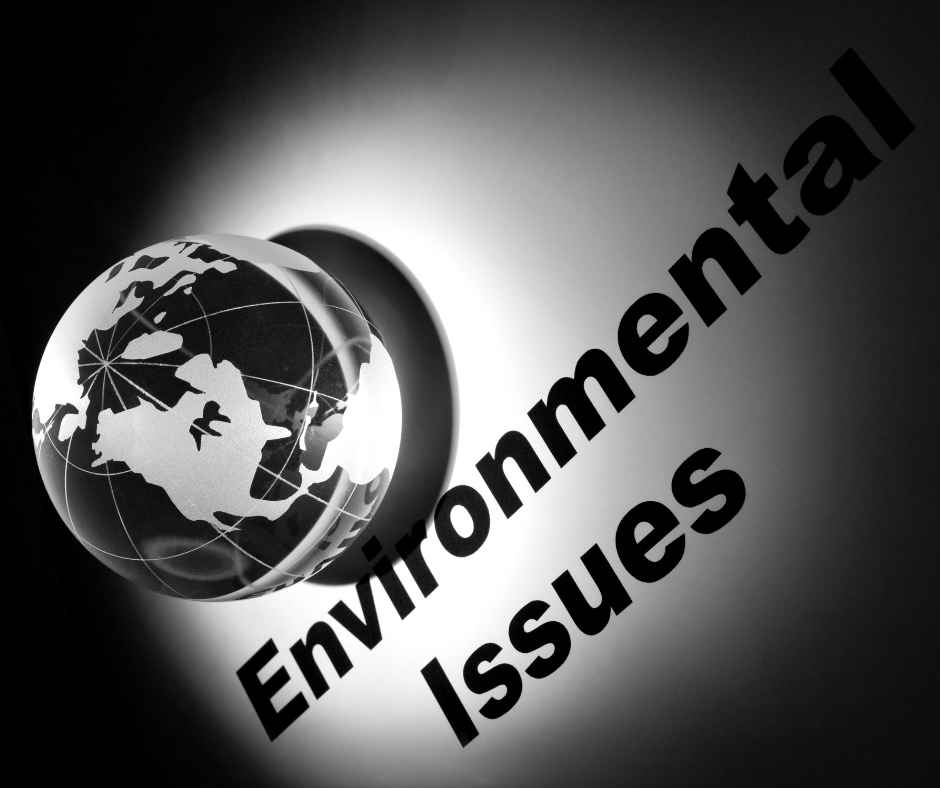Introduction: A Planet in Peril – The Urgent Need for Global Environmental Law
Climate change, biodiversity loss, pollution, and deforestation are no longer distant threats—they are present crises affecting every corner of the world. The question is no longer if we should act but how fast we can implement solutions.
International law plays a crucial role in tackling global environmental challenges, but is it enough? Are the policies in place strong enough to hold polluting nations accountable? And most importantly, what can individuals and businesses do to support international environmental regulations?
This article explores how international law regulates environmental issues, the challenges in enforcement, and the immediate actions required to secure a sustainable future.
The Role of International Law in Environmental Protection
1. Multilateral Agreements and Treaties
International law regulates environmental issues through legally binding treaties and conventions signed by multiple nations. Some of the most influential agreements include:
- The Paris Agreement (2015): A landmark treaty where countries commit to reducing greenhouse gas emissions to combat climate change.
- The Kyoto Protocol (1997): Established emission reduction targets for developed nations.
- The Convention on Biological Diversity (1992): Protects global biodiversity by promoting conservation and sustainable resource use.
- The Basel Convention (1989): Controls the movement of hazardous waste between nations to prevent environmental disasters.
- The United Nations Convention to Combat Desertification (1994): Addresses land degradation and promotes sustainable land management.
These agreements are the backbone of global environmental governance, but their effectiveness depends on enforcement, political will, and public pressure.
2. The Role of International Organizations
Several global organizations oversee environmental regulations and policy implementation:
- United Nations Environment Programme (UNEP): Leads international efforts in environmental governance and policy formation.
- Intergovernmental Panel on Climate Change (IPCC): Provides scientific research on climate change to guide policymaking.
- World Trade Organization (WTO): Regulates trade policies that impact the environment.
- International Maritime Organization (IMO): Addresses marine pollution and enforces sustainable shipping regulations.
These organizations ensure compliance with international laws, but challenges such as lack of funding and political resistance often weaken their impact.
Challenges in Enforcing International Environmental Laws
1. The Lack of a Global Environmental Court
Unlike human rights or international trade laws, environmental law lacks a dedicated enforcement court with strong jurisdiction over sovereign nations. Countries often fail to meet their obligations without facing strict consequences.
2. National Interests vs. Global Commitments
Many nations prioritize economic growth over environmental protection. Countries with high carbon emissions, such as China, the United States, and India, struggle to balance industrial expansion with climate commitments. The failure of major economies to fully commit to climate goals weakens international agreements.
3. Loopholes in Environmental Regulations
Many agreements have vague language that allows for exemptions. For instance, under the Paris Agreement, each country sets its own carbon reduction goals, leading to weak enforcement in some regions.
4. The Influence of Corporations
Powerful industries, such as fossil fuel companies and large-scale agriculture, often lobby against strict environmental regulations. Without strict corporate accountability, even well-intentioned international laws remain ineffective.
5. Lack of Public Awareness and Engagement
Many people are unaware of how international environmental laws affect their lives. Governments and organizations must do more to educate the public and promote grassroots movements.
Why Immediate Action is Necessary
The consequences of weak environmental regulation are already evident:
- Rising Global Temperatures: The Earth’s average temperature has risen by over 1°C since pre-industrial times. Without urgent action, we will surpass the 1.5°C threshold, triggering catastrophic climate events.
- Biodiversity Loss: Over 1 million species are at risk of extinction due to habitat destruction and climate change.
- Water Scarcity: More than 2 billion people lack access to clean water due to pollution and unsustainable resource extraction.
- Extreme Weather Events: Floods, wildfires, and hurricanes are increasing in intensity due to climate change, devastating communities worldwide.
If international law does not become stronger and more enforceable, these crises will spiral out of control.
The Way Forward: Strengthening Global Environmental Law
1. Creating a Global Environmental Court
A dedicated environmental court with real enforcement power is necessary. Nations that violate international agreements should face financial penalties or trade restrictions.
2. Strengthening Treaty Enforcement
Binding commitments with stricter penalties for non-compliance should replace voluntary pledges. Countries should be held accountable through transparent monitoring systems.
3. Holding Corporations Accountable
International regulations should require corporations to disclose their environmental impact and adhere to strict sustainability standards. Greenwashing (false environmental claims) should be penalized.
4. Promoting Sustainable Innovation
Governments and international organizations should invest in clean energy, carbon capture technologies, and sustainable agriculture to transition to a greener future.
5. Encouraging Public Participation
People must be empowered to hold their governments accountable. Social movements, consumer activism, and digital advocacy can push for stronger environmental laws.
Conclusion: The Future is in Our Hands
The regulation of global environmental issues through international law is one of the most critical battles of our time. While treaties and agreements exist, enforcement remains weak. The world cannot afford to wait. Stronger legal mechanisms, greater corporate accountability, and public pressure are necessary to drive real change.
If we fail to act now, future generations will inherit a planet on the brink of collapse. The time to demand stronger environmental laws is today. The future of our planet depends on it.
Will you be part of the movement for a sustainable future?






